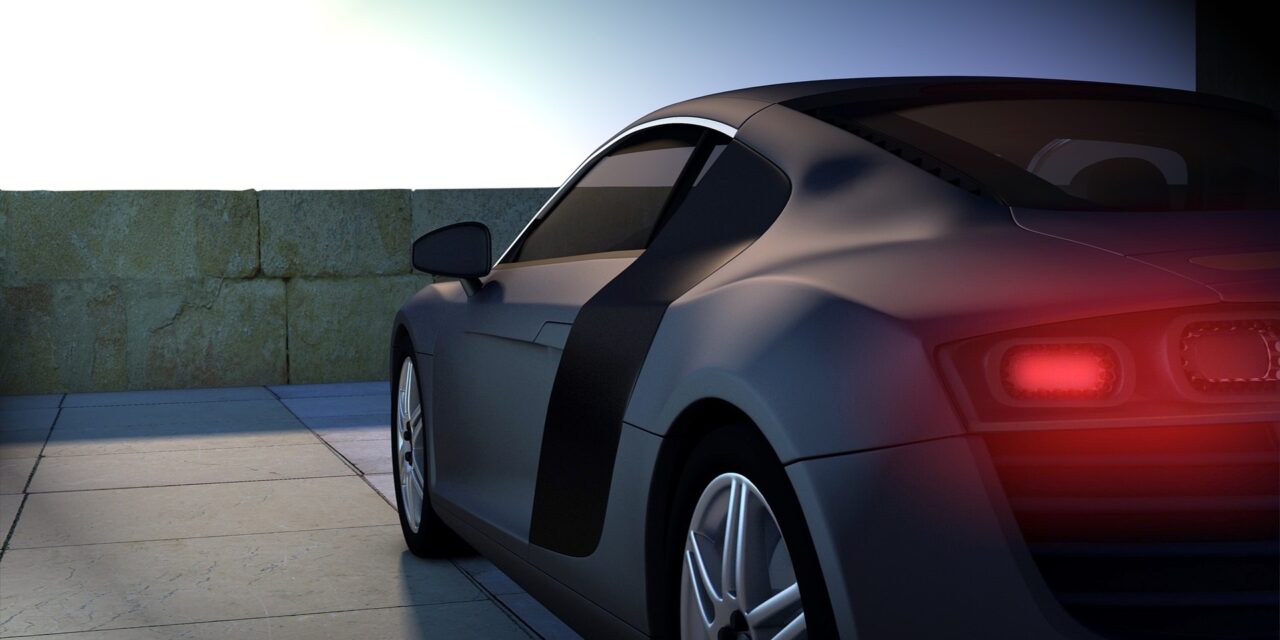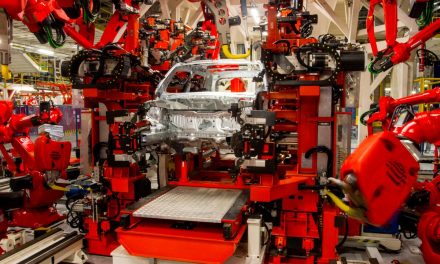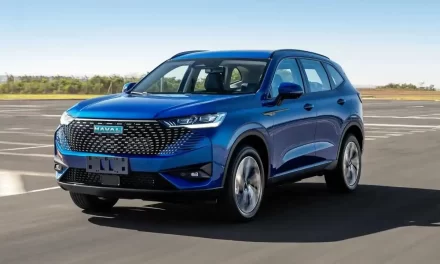By Alzira Rodrigues | Translated by Jorge Meditsch
Traditionally, January sales are weaker than December’s, normally one of the Brazilian automotive market’s best months. A fall in this comparison is expected and always happens at the beginning of the year. But a drop compared to the same period in the previous month causes worry and may indicate a market deceleration.
That’s what shows this month’s first-half balance. According to preliminary data released by a retail market source, 55.6 thousand automobile and light commercial vehicles were licensed, a 6% drop compared to the first 15 days of January 2022. Last year, the sector faced more problems due to the shortage of semiconductors than currently. This difficulty endured throughout the first semester and began to reduce in the second half of 2022.
Compared to the first half of December, when 74.7 thousand units were sold, the fall is 25.5%. Compared to the first half of January 2021 (74.7 thousand units, the reduction reaches 30%, a clear demonstration that the Brazilian light vehicle market begins 2023 at a slower pace than in the last two years, already after the Covid-19 pandemic.
A reversion in the second half of the month may happen, as 6% is a low index. But the figures are certainly worrisome. In their 2022 balances and projections for 2023, Fenabrave and Anfavea were conservative. The dealers association said it was expecting stability, as the manufacturers association did not discard the possibility of a small growth in the light vehicle market this year.
Both associations showed concern about credit, which is increasingly scarce and with increasing interest. According to Anfavea’s president, Márcio de Lima Leite, nowhere in the world does cash sales correspond to 70% of automobile business, as currently in Brazil. One of the organization’s demands to the government is to reduce the cost of financing to ease more credit sales in the Brazilian automotive market.
In the light vehicle segment, the best-selling models in the first half of January were the Hyundai HB-20, Fiat Strada, Chevrolet Onix, Tracker and Hyundai Creta.
Photo: Pixabay
- Bosch vai nacionalizar mais uma etapa do ESP, com produção da ECU em Campinas - 9 de maio de 2025
- Fatia dos carros chineses atinge 6% e venda de nacionais fica estagnada - 8 de maio de 2025
- Produção de veículos avança 20% em abril e é a maior em seis anos - 8 de maio de 2025









